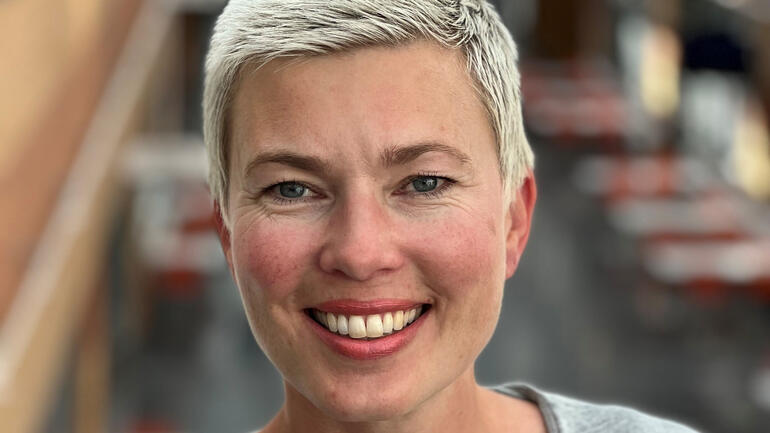Karianne Nyheim Stray will defend her dissertation for the degree of philosophia doctor (PhD) in Person-Centred Healthcare Research at USN.
The title of the dissertion is «The Norwegian Labour and Welfare Administrations’ (NAV) follow-up work of sick-listed employees. New context – new roles?» (openarchive.usn.no)
About the dissertation:
This dissertation explores the Norwegian Labour and Welfare Administrations (NAV) follow-up work of sick-listed employees. The dissertation found that this work is increasingly complex in nature, potentially altering NAV frontline workers’ professional role. It concludes that more attention should be paid to the contextual, structural, and organisational conditions for NAV frontline workers’ discretional work.
In Norway, as in most western countries, the welfare state is under pressure due to a diminishing labour force and a rice in social benefit costs. NAV frontline workers are thus instructed to activate sick-listed employees back to work as soon, and to the highest degree as possible. This is framed by an institutional belief that everyone is able do “something” although they are sick. These political guidelines are central for Norwegian activation polices.
Through three research articles, the dissertation reveals that NAV frontline work is challenging as sick-listed clients’ health issues often are complex and include both medical and social factors. Moreover, NAV frontline workers collaborate with both employers and General Practitioners (GP) about adjusting the sick-listed employees’ working conditions while often undertaking medical treatment. Thus, NAV frontline work toward sick-listed clients, employers and GPs are characterized by negotiations with and between these actors, legitimising NAVs interests and demands, as well as making other stakeholders accountable for the follow-up process. Moreover, the dissertation finds that there is a lack of institutional guidelines on how to assess sick-listed clients’ remaining work ability. Therefore, NAV caseworkers often draw on their private experiences from own health issues, and how they personally tackled combining work and sickness in these situations.
The dissertation concludes that these attitudes reveal how Norwegian activation policies have been internalised in NAVs frontline workers way of working. Being employed and contributing to the labour force appear to be a collective obligation to uphold the sustainability of the welfare state.
The research is based on the Dialogue meeting no. 2, which is NAVs mandatory follow-up meeting for sick-listed employees after six months of absence from work. The NAV caseworker routinely summons the sick-listed employee, his/her employer and GP. Approximately 42 000 such meetings are conducted by NAV every year. The empirical material comprises of tape recordings of Dialogue meeting no. 2 from two local NAV offices, ethnographic fieldwork in the offices, in-depth interviews with caseworkers and reports from Dialogue meeting no. 2. The data collection was undertaken in 2018-2019.

